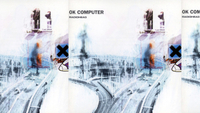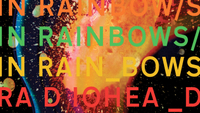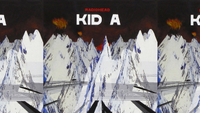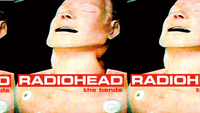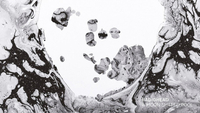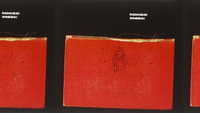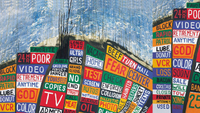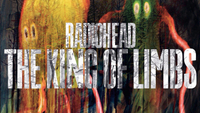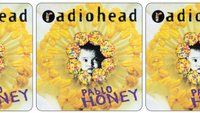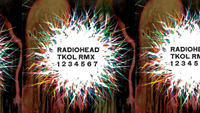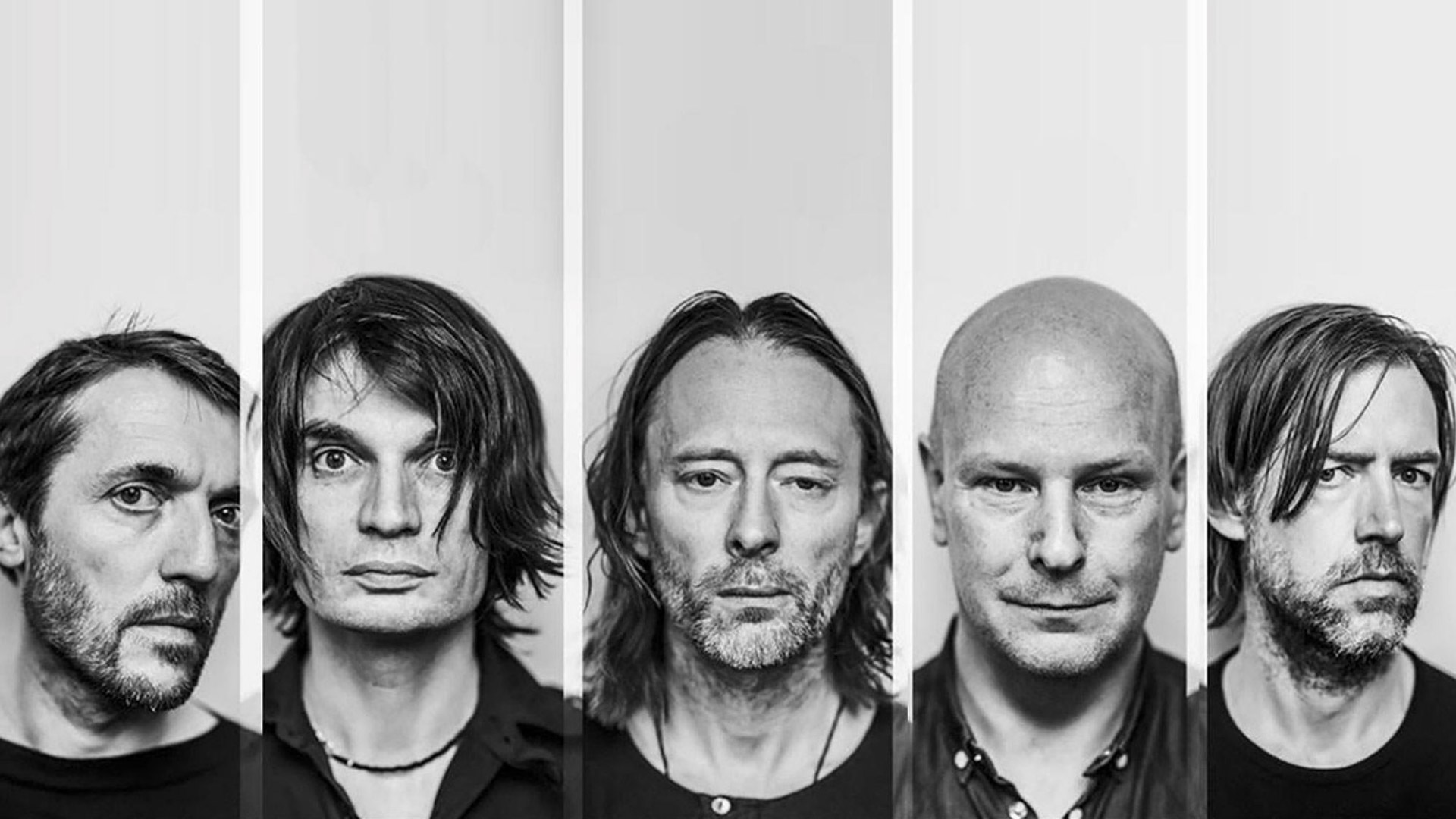
Radiohead has been releasing records since way back in the early 90s, which means choosing the best Radiohead albums of all time was always going to be a difficult task – and one we know not everyone will agree with.
Radiohead hasn't released an album collectively with its original line-up since 2016's A Moon Shaped Pool. But luckily for us there have been new releases from Thom Yorke, Ed O'Brien and Jonny Greenwood to keep us going since then.
In 2020, Radiohead also opened up its fantastic archive of tracks, releasing some old-school gigs to YouTube. You can also access the Radiohead Public Library, an official online resource containing everything the band has ever done. This really is a brand that loves to please its fans.
From Radiohead's earlier grunge experiments all the way through to acclaimed flirtations with prog, techno, jazz and folk, Thom Yorke, Ed O’Brien, Phil Selway and brothers Jonny and Colin Greenwood have consistently proved themselves to be one of the most innovative and talented groups of all time.
But the question is, which Radiohead album is the best? And how would you rank their albums to date? The answers to those questions are subjective and depend on who you ask, but that hasn't stopped us from having our say. So here, in a list format the band would love, is our guide to Radiohead's diverse back catalogue.
Don't agree? Don't worry. Add your preferred favourites to the box below or upvote and downvote our options to change the rankings.
- Drown out the world with the best True Wireless earphones
Best radiohead album
Unanimously hailed an instant classic on release, OK Computer rightly remains a benchmark for aspiring guitar bands today. On their first collaboration with long-time producer Nigel Godrich, Radiohead blew The Bends out of the water with ambitious art rock that took in tricksy time signatures, sprawling soloing and guest vocals from a Mac computer. Thematically, it remains a fascinating time capsule of pre-millennial anxieties, finding Thom Yorke on searing form tackling technology, capitalism and politics.
The buzz surrounding In Rainbows’ pioneering, honesty box-style rollout very nearly overshadowed the fact that this was actually Radiohead’s most brilliant record so far. Reportedly a struggle to write, In Rainbows executes complex ideas with effortless ease, be it the strings and shuffling beats of ‘Reckoner’ or the undulating serenity of ‘All I Need’. As a collection it’s so flawless, it’s practically impossible to pick a highlight. Let’s be real though, it’s probably ‘Weird Fishes’.
Considering its success and influence, OK Computer could easily have proved an albatross for Radiohead. Instead, they simply followed it up with the biggest musical volte face since Bowie set up shop at Hansa Studios. In thrall to jazz, classical music and the cerebral experimentation of Autechre and Aphex Twin, Kid A traded conventional guitar-driven songcraft for mosaic-like compositions, hewn from loops, samples, beats and mantra-like vocals.
Though released at the height of Britpop, The Bends was the sound of the Oxford-formed five-piece eyeing up US college radio, rather than retreating into patriotism. It sort-of worked too: ‘Fake Plastic Trees’ was forever immortalised by Cher in ‘Clueless’ as “complaint rock”. What The Bends really represented was a giant leap forwards creatively. From the FX-laden sprawl of ‘Planet Telex’ to the closing arpeggios of ‘Street Spirit (Fade Out)’, it still plays like a greatest hits almost 25 years later.
Where a mutual affection for Warp Records directed much of Radiohead’s output post-OK Computer, A Moon Shaped Pool found them combining those IDM influences with a set of reference points extending from Solid Air-era John Martyn to Erased Tapes-esque minimalism. Divorce, the rise of the Right and Jonny Greenwood’s soundtrack work were all influential too on what is, understandably, a contemplative and spacious set.
After the palette cleanser that was Kid A, Radiohead’s fifth LP almost felt like a natural progression. That’s not to say Thom Yorke and co were playing it safe. Conceived in the same sessions as songs from Kid A, Amnesiac shares the same experimental spirit, moving between the Squarepusher-ish glitch of ‘Packt Like Sardines...’, the Charles Mingus-inspired swing of ‘Pyramid Song’ and the haunting, reverse tape loops of ‘Like Spinning Plates’.
Anyone missing Jonny Greenwood’s guitar heroics breathed an almighty sigh of relief when the serrated chorus of ‘2+2=5’ first kicked in. Yes, album number six marked Radiohead’s return to more rock-oriented songwriting, but their continued resolve to experiment within those parameters meant Hail To The Thief never felt like a regressive step. Plus it featured some of their strongest tracks yet in ‘There There’ and the glimmering, Krautrock-inspired groove of ‘Where I End And You Begin’.
Not just the shortest album of Radiohead’s career but their most divisive. Repeated listens suggest that it was largely unfairly maligned. Take ‘Lotus Flower’: it might be more notable for a promo video that made Thom Yorke a meme, but its complex percussive thrust remains utterly irresistible. Elsewhere, polyrhythms abound, basslines slink, and Thom Yorke keens enigmatically: really, what’s not to like?
The aural equivalent of adolescent you: equal parts self-loathing and misplaced superiority complex, complete with ill-advised haircut. Radiohead’s grunge-lite debut isn’t wholesale terrible - beneath the blown out production, ludicrous rock posturing and hammy teen angst is actually some strong songwriting - but execution-wise it’s pretty laboured and self-absorbed. Oh, and ‘Thinking About You’ is about wanking.
Not a studio album, but a compilation of King Of Limbs remixes by some of Radiohead’s favourite producers and DJs. It’ll surprise nobody to learn that the always-reliable Four Tet and Caribou turn in strong interpretations, but it’s some of the less-celebrated names that are responsible for the most compelling reworkings. Pearson Sound’s radical rerub of ‘Morning Mr Magpie’ is particularly fine, as is Canadian DJ Jacques Green’s euphoric take on ‘Lotus Flower’.
SOMETHING MISSING FROM OUR SHORTLIST?
Tell us about it, and if enough people agree we'll add it in.
Get exclusive shortlists, celebrity interviews and the best deals on the products you care about, straight to your inbox.
